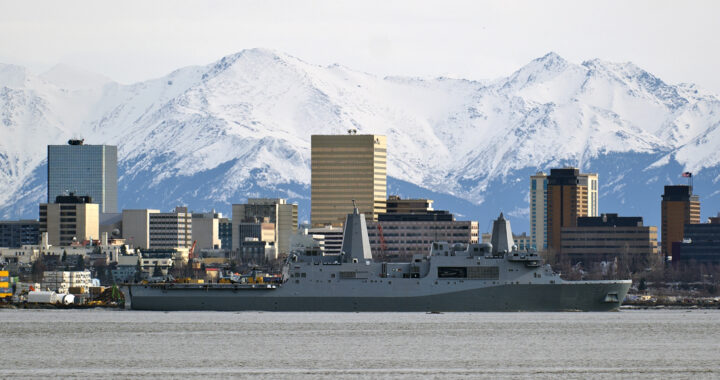Donald Trump and Vladimir Putin are scheduled to convene on 15 August 2025 in Anchorage, Alaska, for their first direct meeting since the Russian full-scale invasion of Ukraine. The White House has framed the summit as a “listening exercise” to emphasize its intent to probe possible pathways toward a ceasefire or peace talks without promising immediate breakthroughs.
The summit originated from a surprise phone call between Trump and Putin on 12 February 2025 after the former assumed office. It catalyzed renewed diplomatic engagement. This was followed by envoy-level discussions and culminated in Trump inviting Putin. The Russian public welcomed the development and described Alaska as a logical location for deeper dialogue.
Selecting Alaska as the site for the summit is laden with both strategic and symbolic dimensions. Its geographical proximity to Russia and historic links—once part of the Russian Empire—lend resonance. Critics argue that holding the summit on United States soil also shields Putin from whatever risk of arrest under International Criminal Court mandates.
Anchorage, specifically the American military facility Joint Base Elmendorf–Richardson, is expected to host the Trump-Putin meeting. That venue ensures meticulous logistical management and elevated security. The choice underscores a desire to control optics and protocol tightly and avoid uncontrolled environments or international complications.
Both the Russian government and the public greeted the invitation with political praise. It interpreted the upcoming summit as a diplomatic triumph. European and Ukrainian officials, in contrast, voiced concern. They insisted that any meaningful discussions must involve Ukraine, and that sovereignty and cessation of hostilities cannot be negotiated in its absence.
Volodymyr Zelenskyy has firmly rejected any land-swap proposals. He noted that the Ukrainian constitution has a specific provision banning Ukraine officials from giving away territory. The Russian government reportedly seeks the Donbas and Crimea. Ukraine and its Western allies affirm that meaningful negotiations must respect the integrity of the Ukrainian border.
Observers warn that this summit could resemble past encounters in which Trump emerged appearing influenced or misled. Specifically, with no Ukrainian presence and limited preparation time, critics highlight risks that the outcome may offer symbolic gestures rather than substantive and longer-lasting agreements. It may also undermine allied coordination.
The international community initially expressed hopes that the Trump-Putin meeting would mark a positive turning point in the longstanding Russia-Ukraine War. However, just days before the meeting, the White House lowered expectations and underscored that the event will serve as a listening exercise or a measured exploration of potential diplomatic avenues.
Photo credit: Jack Connaher / USS Anchorage in Anchorage, Alaska / Adapted / CC 2.0
